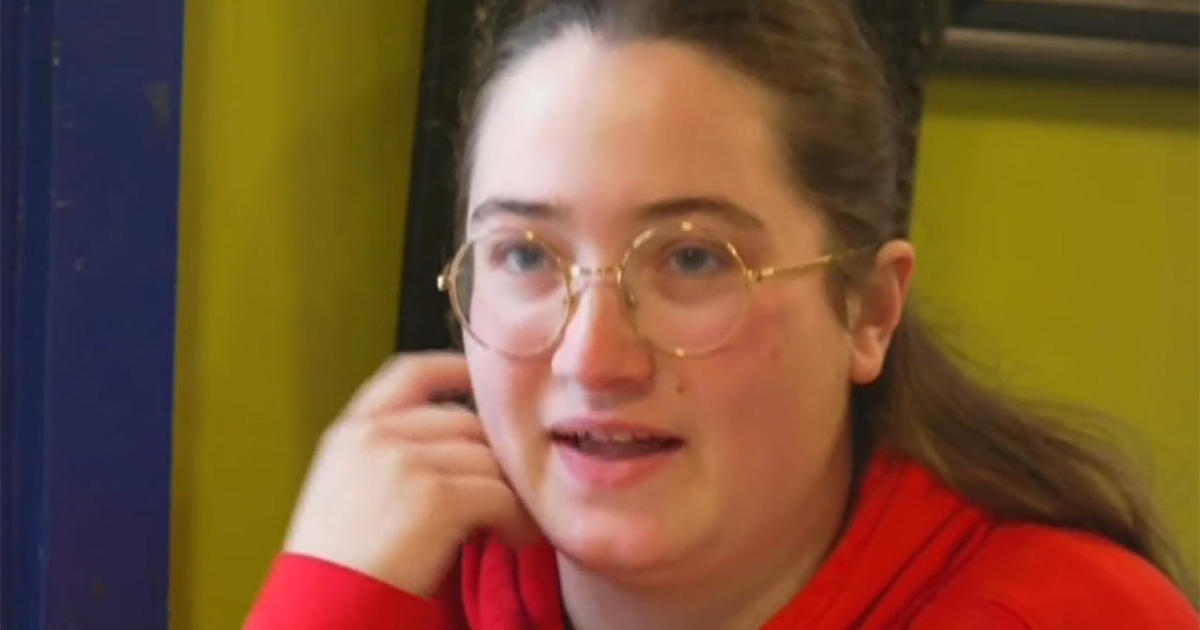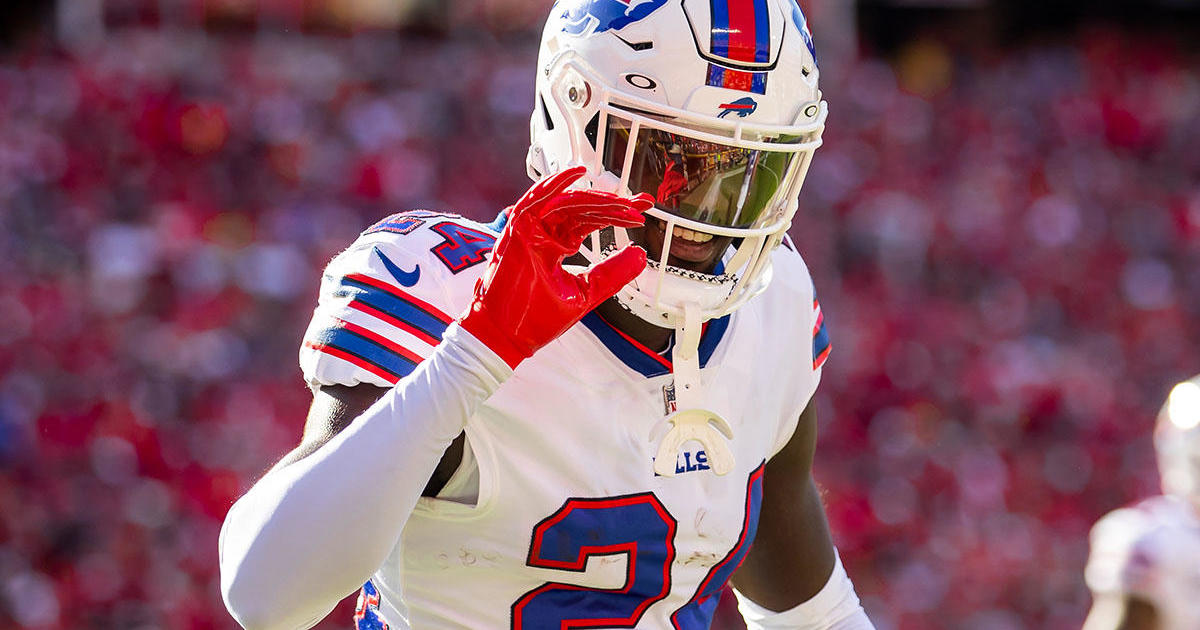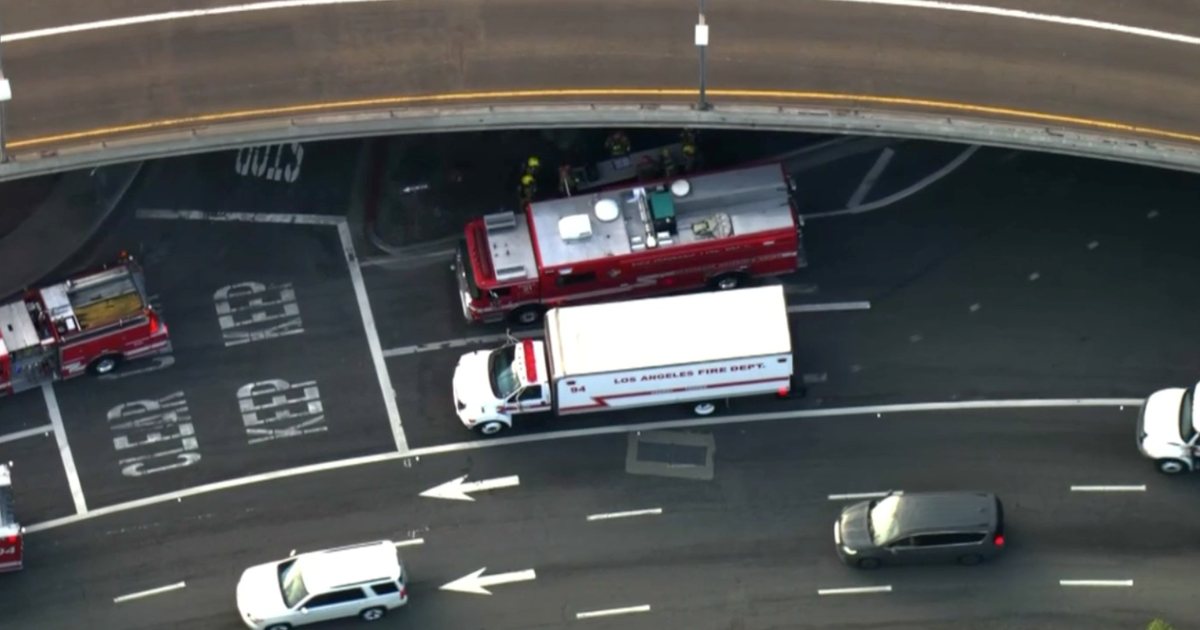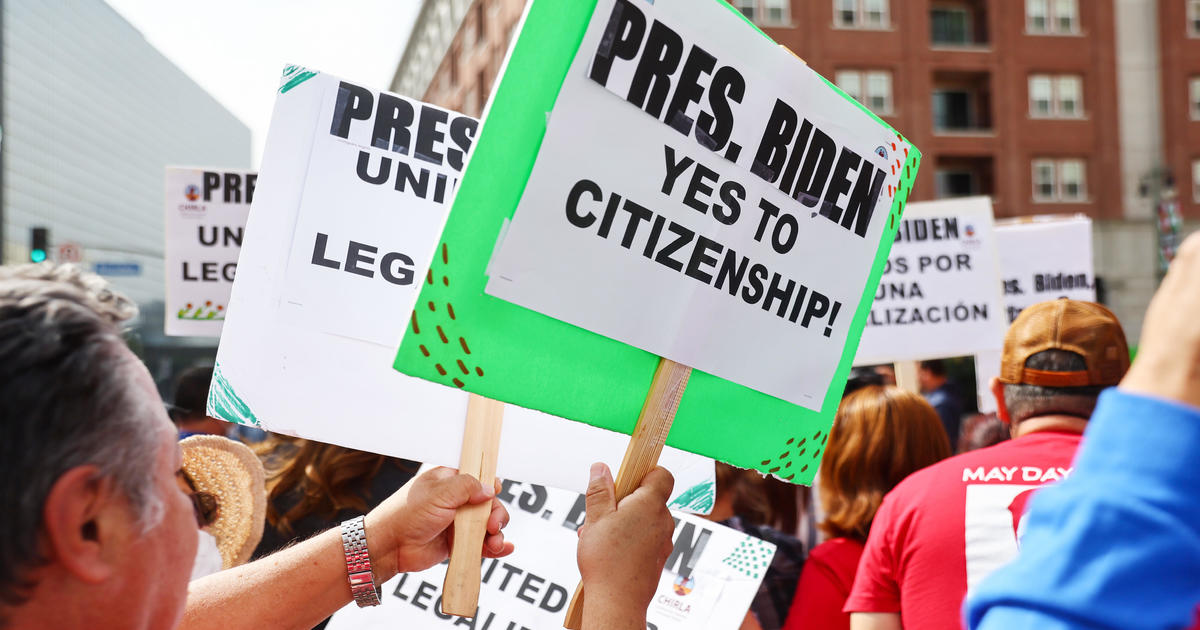Wisconsin voters travel in midterm elections: it’s personal for them

Our CBS Mornings series “Three Meals” is on the road again to break bread with voters in key states and hear what’s on their minds. This morning, correspondent Adriana Diaz takes us to the battleground state of Wisconsin, the only state that went for President Biden two years ago and where the Republican senator will be up for re-election this year.
Breakfast
As day breaks over Lake Michigan, most of Kenosha, Wisconsin is still asleep. But Franco, a stand-alone diner that is nearly a hundred years old, is packed. “It’s a place where you have to know everybody’s name,” said Brandon Morris, one of Frank’s customers. “Like Cheers, yeah!”
College students Mary Travis and Alex Letendre came for breakfast and a break from the barrage of political ads.
CBS News
Diaz asked, “Wisconsin has now had an abortion ban since the 1800s. Is that the most important thing?”
“Yes, it is,” Travis replied. “I’d really like to vote for politicians who, you know, want to repeal it, as opposed to, ‘Well, they said it was fine in the 1800s, so why would we ever change the laws,’ you know?”
Abortion is one of the top issues for Democrats in the critical Senate race. Republicans here care more about the economy. They want to keep Republican Senator Ron Johnson in office. But he resembles Democratic challenger Mandela Barnes, the current lieutenant governor.
But you can’t tell the story of Kenosha without talking about the year 2020. Violent protests were taking place the police shooting of Jacob Blake, a black man. In those days of unrest, a young white man, Kyle Rittenhouse shot and killed two people. He said it was self-defense, and it was recent justified.
Diaz asked Brandon, “After the violence in this town, Kenosha has really turned red. Do you think people are still there?’
“Honestly, I’m not sure,” he replied. “I think it’s a little bit of both. We can be not so red. We can be purple.”
Grandma Maria Nyakuti voted for both parties. She told Diaz she knows who she’s voting for this time, but when asked to share, she laughed.
“What’s important to you in this midterm election?” Diaz asked.
“Equality for all,” Necati said. “It just makes me angry when I think about how people are so prejudiced against someone because of their beliefs or the color of their skin. It’s just stupid.”
Bias recently landed in Frank’s mailbox when owner Kevin Ervin received a letter from a white supremacist group. He became emotional as he said: “This is another case of how divided this country is. This saddens us. Our son is African American. My granddaughter is African American. You know, it’s just… I’m sorry. Not what I want for her.”
CBS News
For everyone CBS Mornings spoke with, this election is personal. And everyone we asked said they planned to vote.
But what about the rest of the state?
Dinner
We headed ashore for lunch in Wisconsin’s most populous city, Milwaukee. Milwaukee County is also home to about 70 percent of Wisconsin’s black population. Analysts say Hillary Clinton lost Wisconsin in 2016 in part because of low black turnout here. That turnout is down again in 2020, so efforts to get out of the black vote continue.
And it’s fueled by caffeine Coffee makes you black, located in the former bank building. It’s part cafe, part political pit stop.
Community organizer Shaquille Morrison (who already voted early) and her friend, bus driver Farina Brooks (who never misses an election), said Milwaukee needs help, and help fast. “There’s a long list of issues,” Brooks said.
“Murder, fewer jobs, poverty, lack of resources,” Morrison said.
CBS News
Both hope the local election will spur change in the zip code, which is known as one of the most incarcerated and impoverished in the country.
Morrison, who also works at the polls, said the turnout she’s already seen this year has been low. “I need my people to come vote!” she said.
Dinner
To fully understand Wisconsin, you have to leave the cities where the changing leaves reflect the changing electorate. To give you an idea of how purple this state is, 23 counties went from Obama to Trump in 2016, and two counties went back to Biden in 2020. One of them is Sauk County, home to more than 1,900 working farms.
We stopped at Ski-Hi Fruit Farmto Baraboo, where you can get your fill of apples, donuts … and dinner.
When asked about the county’s upheaval story, Brian Schmidt (who owns a landscaping business with his wife Stephanie) said, “It goes back and forth and everyone you talk to changes their tune every time you talk to them talking, some people, you know what I mean?”
The Schmidts are focused on the economy. “I guess we lean a little more Republican, you know, with things,” Schmidt said. “Because [Democrats], you know, there was sort of a control and it went wrong – everything worked out, the economy, the border and crime. You know, things have become a little softer.”
We met up with Aaron Halvorson and his wife Erin… or “The Aarons” as their friends call them.
Diaz asked, “What issues are really important to you?”
“So first and foremost is affordable health care for everyone,” Aaron Halvorson replied. “A woman’s right to choose and quality education is a must.”
CBS News
“Sauk County supported Obama, then Trump, then Biden. Do you have a sense of which way it’s going to go?”
Based on the signs they see while driving, Aaron said, “It looks like a toss-up.”
The bullshit that is typical of the politics of this purple state.
See our previous visits of “Three Meals” with voters, v Pennsylvania and Arizona.
https://www.cbsnews.com/news/2022-midterm-elections-wisconsin-voters/








